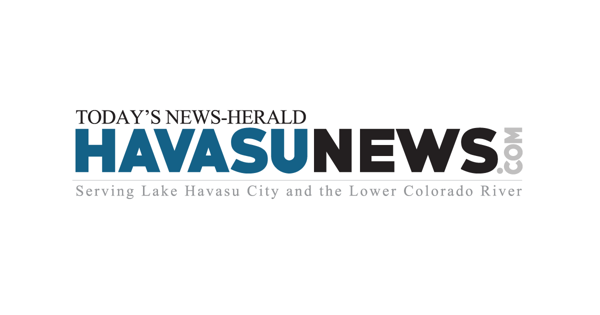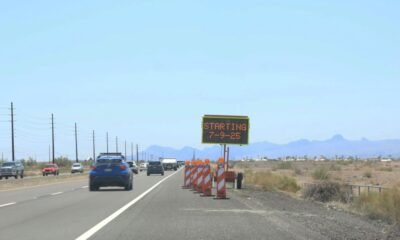Business
New Revelations Suggest Concealed Financial Backing for Prop 140 Set to Emerge

PHOENIX — A major push for nonpartisan primaries in Arizona has garnered significant financial backing, although the full extent of upcoming spending could be obscured by newly released campaign finance reports. The advocacy group, Make Elections Fair, has reported nearly $10 million in fundraising efforts aimed at supporting Proposition 140.
Conversely, the opposition, represented by the No on 140 committee, claims only $5,000 in donations. However, Make Elections Fair’s substantial fundraising has been tempered by high expenditures—over $6.5 million spent simply to gather signatures to qualify for the ballot. Additional legal fees, totaling $63,446 as of late September, further underscore the financial burden faced by supporters.
Despite these costs, the committee still reported approximately $1.1 million in reserve funds. The No on 140 committee saw minimal activity until the Arizona Supreme Court’s ruling on October 4 granted the initiative a place on the ballot, thus prompting advertisements that will not be accounted for until later this month, after early voting has commenced.
Opposition legal fees, aimed at preventing Prop 140’s inclusion, are funded by various groups like the Arizona Free Enterprise Club and remain excluded from campaign finance reports. Supporters of the measure include a diverse range of organizations, among them the Tucson Metro Chamber of Commerce and the Greater Phoenix Urban League.
The most significant contributions supporting Prop 140 come from individuals affiliated with the Tucson-based Thomas R. Brown Foundations, including $1.5 million from trustee Mary Bernal and $950,000 from foundation president Sarah Smallhouse.
The initial funding for the opposition stemmed from the Arizona Free Enterprise Club; however, more substantial backing is anticipated. Entities opposed to the measure, such as the Goldwater Institute and Turning Point Action, align primarily with Republican interests. Notably, even some Democrats, like Tucson Mayor Regina Romero, have voiced concerns over the proposed changes, arguing that they could confuse voters and complicate ballot processes.
If passed, Proposition 140 would fundamentally alter the electoral landscape by mandating nonpartisan primaries for all federal, state, and local offices. Candidates from all political affiliations would compete in a single primary, with all registered voters able to participate.
This initiative raises critical questions about how many candidates would advance to the general election—up to two or potentially five. A new ranking system for voter preferences could lead to a complex elimination process if no candidate achieves a majority in the initial counts.
Furthermore, if lawmakers fail to act on the number of candidates for the general election, it would fall to the secretary of state—currently Democrat Adrian Fontes—to make that determination. Opponents, such as the Goldwater Institute, characterize Prop 140 as an attempt to impose a radical and convoluted voting scheme on Arizona residents.
Proponents, however, argue that the current system disadvantages voters, especially in districts with overwhelming party registration. They contend that Proposition 140 would compel candidates to connect with a broader audience, fostering competition and inclusion, particularly for independent candidates who face stricter requirements to secure their spots on election ballots.












![Bryan Merritt, 36, was arrested June 26 after allegedly trying to break into his estranged grandfather’s home in Homestead. [PCSO]](https://arizonanews.org/wp-content/uploads/2025/07/Break-In-or-Breakthrough-Man-Arrested-During-Family-Reunion-Gone-Awry-80x80.jpeg)





